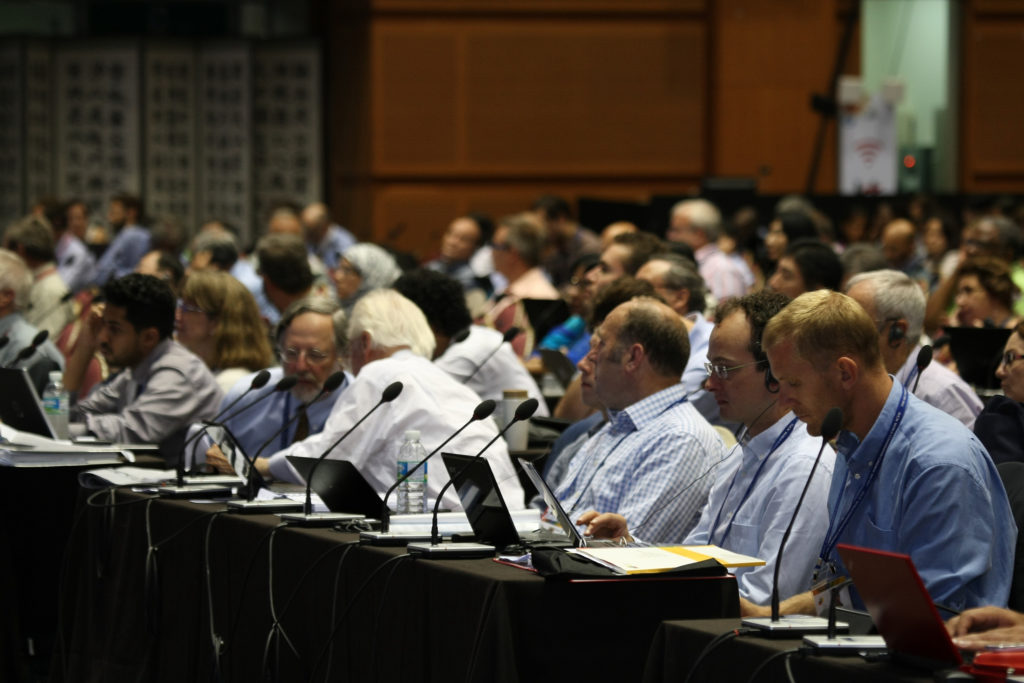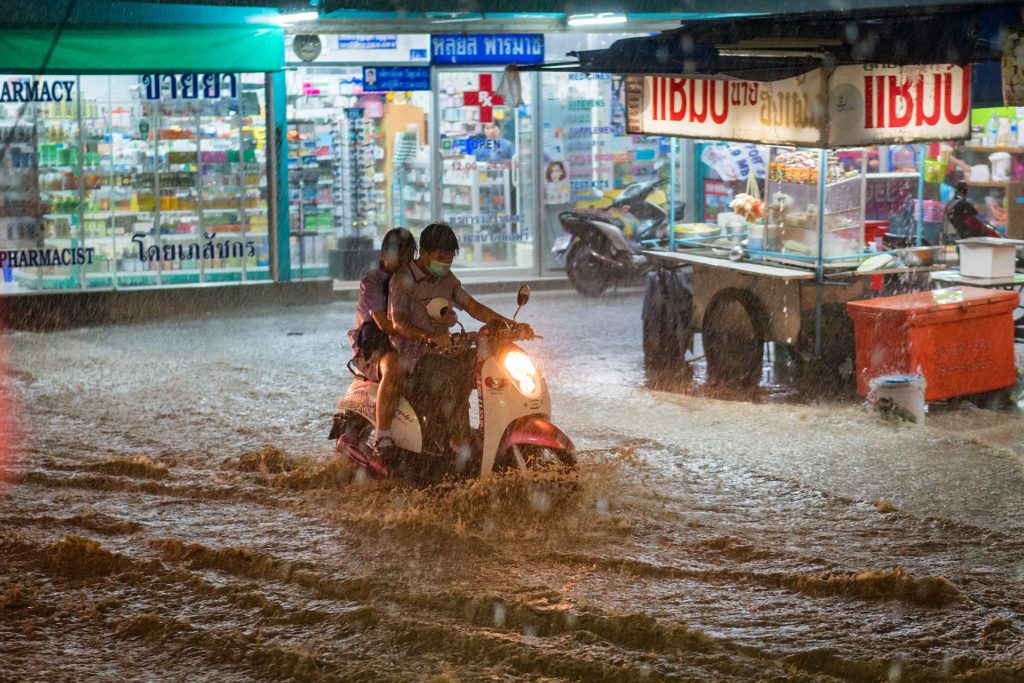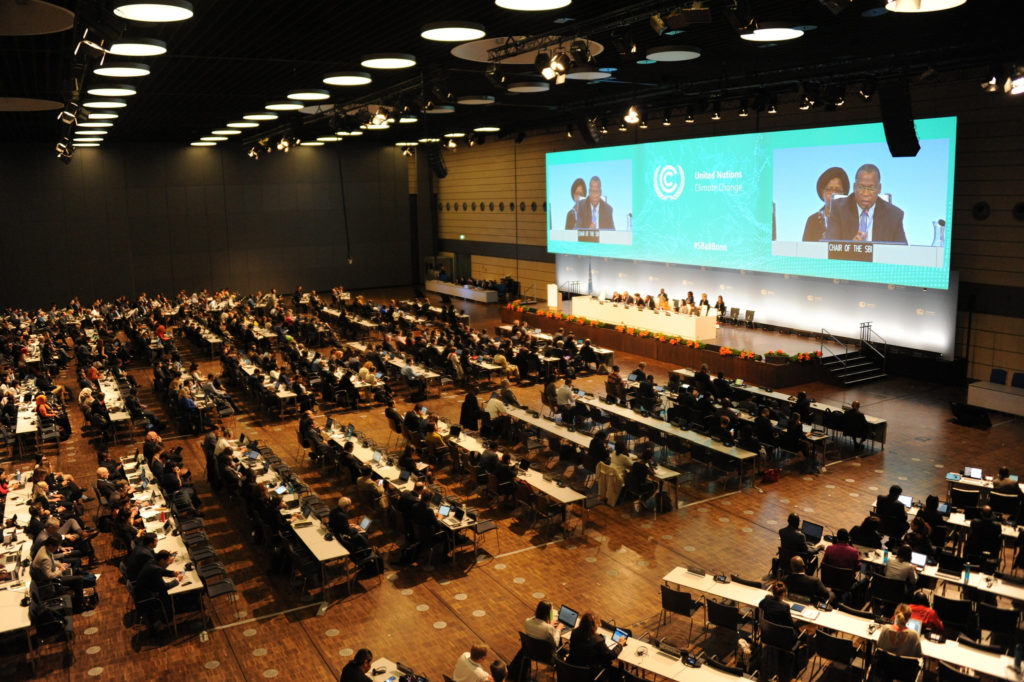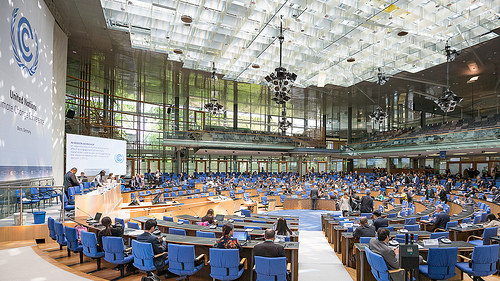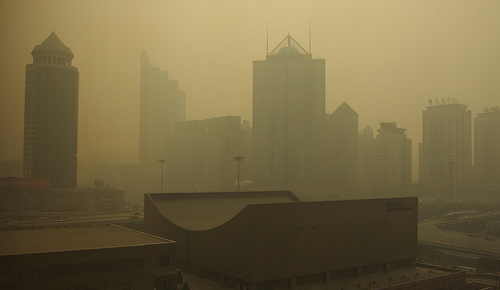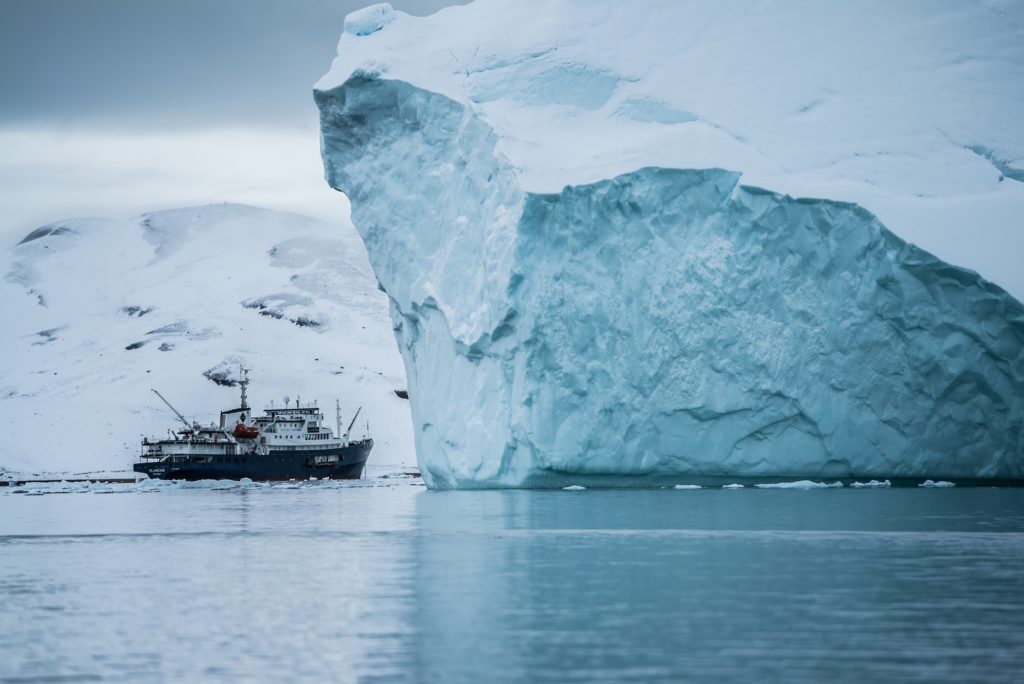
The New Frontiers of International Ocean Governance
Oceans are facing increasing pressures: biodiversity loss, pollution, over-exploitation and illegal activities; and diverse impacts of climate change, such as ocean warming, acidification and rising sea level, are increasingly alarming. From the headquarters of international organizations as well as in the most vulnerable and ocean dependent countries, it is acknowledged that it is time to change the way we manage oceans and their resources in order to keep them healthy, productive, safe, secure and resilient.



